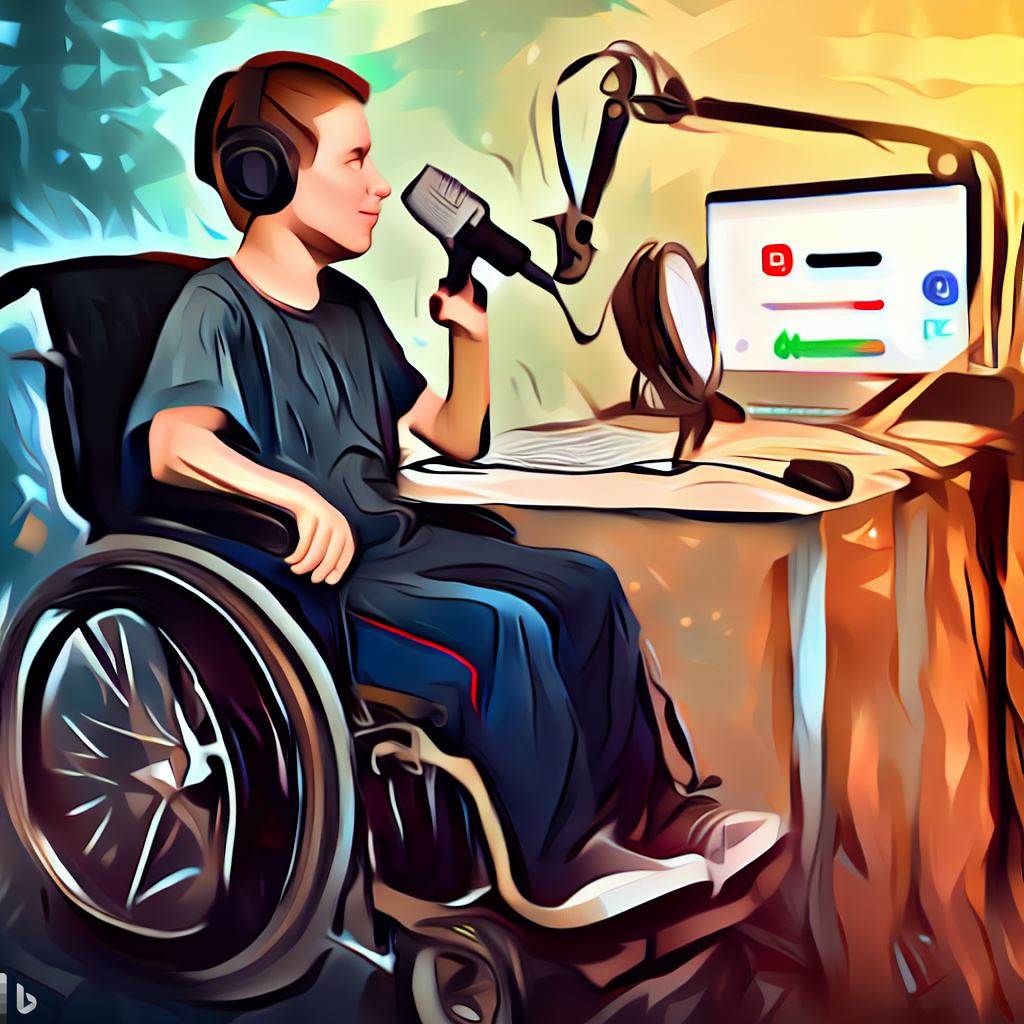Alternative Assessments
This guidebook focuses on the use of alternative assessment to measure student learning.
Alternative assessments are, in a way, defined by what they are not. They are not forms of assessments traditionally used in colleges and universities like quizzes and exams. They respond to the critique that while traditional forms of assessments may be able to capture what a learner knows about a topic, they often fail to capture the learner’s ability to apply that knowledge in diverse contexts, to synthesize it with other knowledge, to create new ways to use that knowledge, and to evaluate it. You may have picked up that those abilities – Apply, Evaluate, Create – are those at the highest levels of Bloom’s taxonomy of learning and they demonstrate that the learner has integrated, deeply, the learning into their understanding.
Alternative assessments go by many names. They are sometimes called non-traditional assessments and include sub-categories, such as
- Authentic assessments that mirror activities that take place in the workplace. If you have an interest, we recommend Dianne Conrad and Jason Openo’s excellent open book Assessment Strategies for Online Learning.
- Performance (or performance-based) assessment that focus on demonstrating the ability to use knowledge.
You might recognize alternative assessments through specific assignment types such as concept maps, case studies, two-stage exams, conference papers, grant writing, simulations, serious games, escape rooms, public consultations, debates, virtual laboratories, inquiry-based laboratories, to name just a few.
Alternative Assessments Characteristics
 One way to define them is to list their characteristics. Alternative assessments are assessment where:
One way to define them is to list their characteristics. Alternative assessments are assessment where:
- The instructions are open-ended. There is rich information provided as part of the instructions and there is not one right way to go about completing the assignment and assessment. Students must take ownership of formulating a plan for how they will address the assignment prompt.
- The assessment doesn’t have one right answer. The learners will propose solutions to the assignment prompt that vary depending on what they prioritize as being important and what other knowledge they can integrate towards a response. There is an element of creativity in completing this assessment. You can expect that each student’s solution will be unique.
- Learners are required to apply, integrate, create, synthesize, knowledge and skills. Alternative assessments do not usually assess content knowledge and memorization. They assess whether a student can use knowledge and the assessment helps them demonstrate the full range of knowledge, skills, and abilities they can bring to bear in using that knowledge. It’s a fuller depiction of a student’s abilities.
- Performance expectations are transparent and provided to learners ahead of the assessment.
- Usually, alternative assessments are used as part of scaffolded learning strategy where learners receive feedback about progress. While the end product may be used in a summative evaluation, there is ample formative feedback provided along the way.
Alternative Assessments and Equity
 In addition to allowing students to showcase their learning in a way that is more authentic, alternative assessments address issues of diversity and inclusion in assessment. They are more equitable and culturally responsive.
In addition to allowing students to showcase their learning in a way that is more authentic, alternative assessments address issues of diversity and inclusion in assessment. They are more equitable and culturally responsive.
Consider the many (many!) studies that show that underrepresented and underserved populations of students are at a disadvantage when taking exams compared to those in the dominant culture (here are just some studies that explore how tests disadvantage some learners: BIPOC and women and differently abled). For example, in a timed exam, a student who is using English as an additional language may be at a disadvantage compared to a student who is a native speaker. Or, an exam question may use a sports or cultural analogy that some students are not familiar with.
Compare that to the open-endedness of an alternative assessment, where learners use and integrate what they know and choose how they demonstrate their knowledge. They can use their strengths to demonstrate their learning rather than be hamstrung because their identity does not match their instructor’s. It can be a more inclusive format of assessment that leverages the diversity in the classroom, rather than penalize it
You may wish to review OntarioTech University’s webpage on Alternative Assessments, which provides a table comparing the characteristics of traditional and alternative forms of assessment.
Attribution
This page has been adapted from:
Note: Images created using Bing Image Creator (August 2023)

